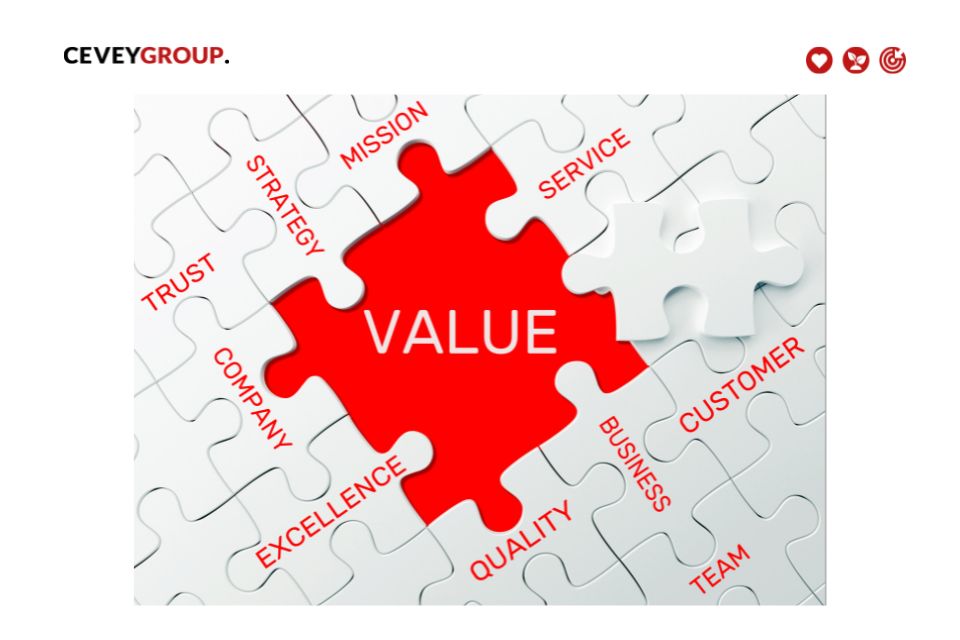Particularly in an age that is hard to beat in terms of fast pace and uncertainty (at least in retrospect 😉 ), people’s values take on even greater significance.
The more open the future and the more unclear the need for knowledge or skills, the more important values become. They provide a kind of universally applicable framework for action, on the basis of which decisions can be made.
Here an example: in order to learn how to drive a car, we all first had to learn the theory, i.e. acquire knowledge. With the theory test, we had the qualification for driving a car. Beyond that, we had to learn the skills and gain experience by exercising driving on the road, right up to the practical test. However, no matter how many hours we spend driving and how many tests we pass, we will not become good drivers if we do not add values, such as internalized traffic rules, consideration, respect, and so on.
The following is interesting: Vehicles change. Operating concepts change. The traffic system and the knowledge required for it can also change. The values that are needed to be a competent road user remain. They provide orientation in an uncertain situation. Because if I don’t know whether the other person or I currently have the right of way, I can still resolve the situation well with mutual consideration.
📌 Values can bridge and compensate for a lack of knowledge. So when we think about what competencies an employee or manager of tomorrow should build up in order to be best equipped for the future, a clear orientation on values is irreplaceable.
Often, larger companies have already defined catalogs of values for working together. But as is so often the case, paper is (unfortunately) far too patient. Therefore, the central question really is: what can be done to develop values among the employees in the company?
📌 It is clear that values cannot simply be taught. Values can only be acquired by acting oneself and putting this action in relation to existing values.
First of all, you need to identify with the values. Ideally, all employees and teams are involved in drawing up the catalog of values so that there is no feeling that the values are being imposed from above.
If individuals are to be developed with regard to the values, a target-performance comparison is first required. And for this, observable and concrete value-based behavior: Where are the values not yet being lived? Goals for value development can be derived from the discrepancy between target and actual – ideally, suitable learning projects for this are defined by the learners themselves and not imposed from above. In addition, they should take place in the current work context. An important component of self-organized learning projects is consultation and support, for example through mutual collegial consultation and exchange as well as learning groups.
Let’s assume that an organization determines that the value “creativity” is important for the company, but that there are large deviations between the target and actual values. It would then be necessary to discuss with each other in which projects the value of creativity can be embodied and lived more or differently and to derive learning objectives from this.
Ultimately, however, I am convinced that what counts most is that the values are also credibly exemplified by all hierarchical levels in order to trigger real change among employees. Then there is a real chance for values to develop.
Author: Johanna van Staa, Senior Manager CEVEYCONSULTING
#values #valueorientedleadership #valuesbasedleadership #valuebasedleadership #leadership #CEVEYGROUP

